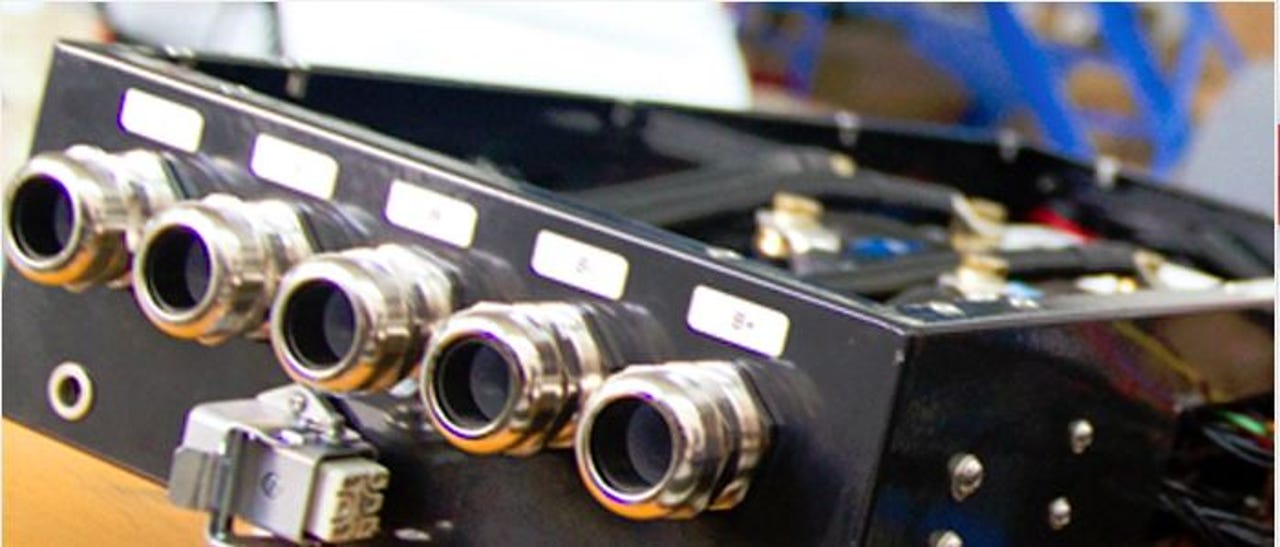India startup EVI flicks switch on electric vehicles

The combination of rising fuel prices, depletion of fossil fuels and increasing carbon dioxide (CO2) pollution presents challenges to economies across the globe. India is no exception, as witness this Times of India article reporting the road transport sector guzzles about 80 percent of India's crude oil consumption.
Ambitious Indian startup, EVI, (Electric Vehicle India) is having a crack at helping solve these problems with a product that claims to convert any traditional vehicle into an electric one. A world full of electric powered vehicles is an environmentalist's paradise, but how sustainable are these solutions? Can they effectively reduce carbon emissions without impacting the performance and convenience of the traditional car?
Founded by Priyank Dahanukar, EVI started developing a kit in 2007 to convert any vehicle into an electric vehicle. The founder and a friend started with a prototype for an electric kart from which they developed the converter technology. The kit can be retro-fitted to convert existing combustion engine vehicles into hybrid or electric vehicles. According to Priyank, this became viable following the development of the Indian government's hybrid and electric vehicle policy.

"We manufacture electric motors, controller, and assembling kit which makes your existing vehicle run on electricity. We offer an alternate fuel/ energy solution to the masses. Due to the rise in import cost of fuel if our technology gets used on a large scale in India we can reduce import costs and reduce pollution," claims Priyank. He also says the EVI system can improve vehicle fuel economy, increase power, and enable improved vehicle handling for both new and existing vehicles.
Does the convertor kit affect the engine? According to this article by Your Story that's not the case. The EVI kit is a three feet by two feet black box with a motor, controller for the motor, chargers and Battery Management System (BMS) with 800 to1000 batteries in one unit.
Different kits are available for engines ranging from 850 cc to 2500 cc. Generally it takes around eight hours and just eight units of electricity for the battery to be fully charged, and speeds of 100-120 km are achievable. Drivers can toggle between the electric vehicle installation and their petrol/diesel source to run the vehicles.
Besides targeting drivers who would like to convert their existing cars to plug-in hybrids, EVI is currently working with a variety of development partners including OEMs, Tier 1s, vehicle integrators and test centres.
While many people are adopting the low cost Tata Nano the EVI approach may be a cheaper alternative for existing vehicle owners, and better for the environment. Owners can charge the vehicles at home.
However, the absence of charging stations in India will be a major obstacle to large-scale adoption of electric vehicles. Charging stations would enhance success prospects as charging time could be reduced to 10 minutes. But this needs government support according to Priyank who told Your Story: "Infrastructure, subsidiary and investment from the government’s end are very much needed."
Currently a lot of the traction in EVI's product comes from online marketing and Priyank says there's a lot of interest from customers in Europe where this technology is readily accepted. As of now they're bootstrapped but are hoping to scale up and will be looking for funding.
EVI is taking a small hammer to a very large nut, but at least it is taking action on one of the biggest problems facing the global economy and environment. These problems are likely to get much bigger. Governments around the world have already taken some actions to reduce CO2 emissions and limit fossil fuel usage. It's possible they may have to legislate to address the problems if they continue to grow.
At some point we may all be mandated to use only electric vehicles, and EVI is well positioned for such a future. What do you think?